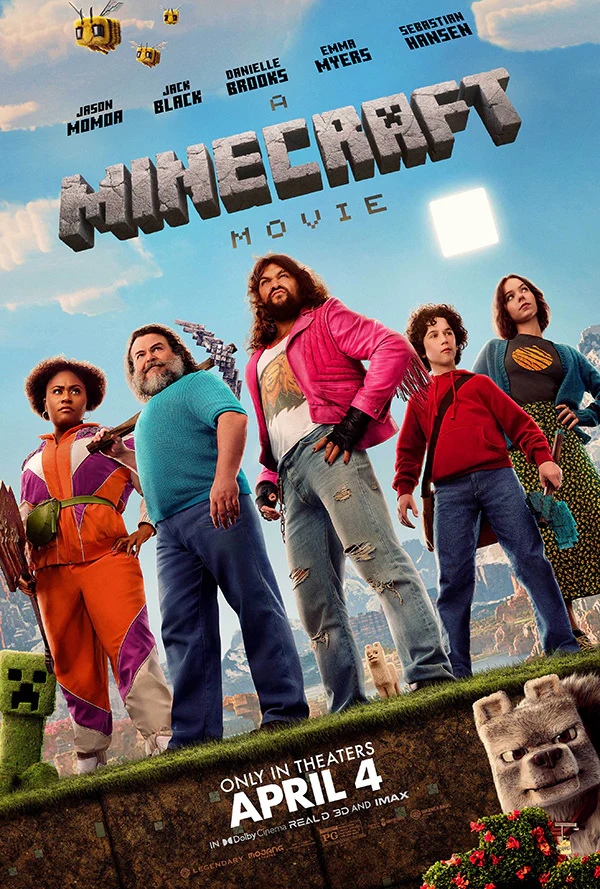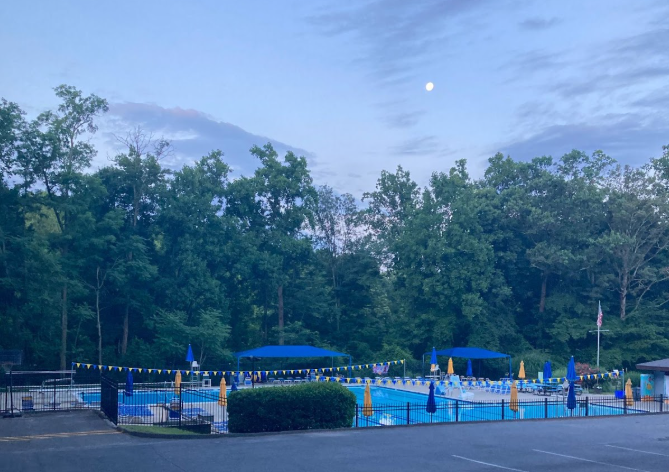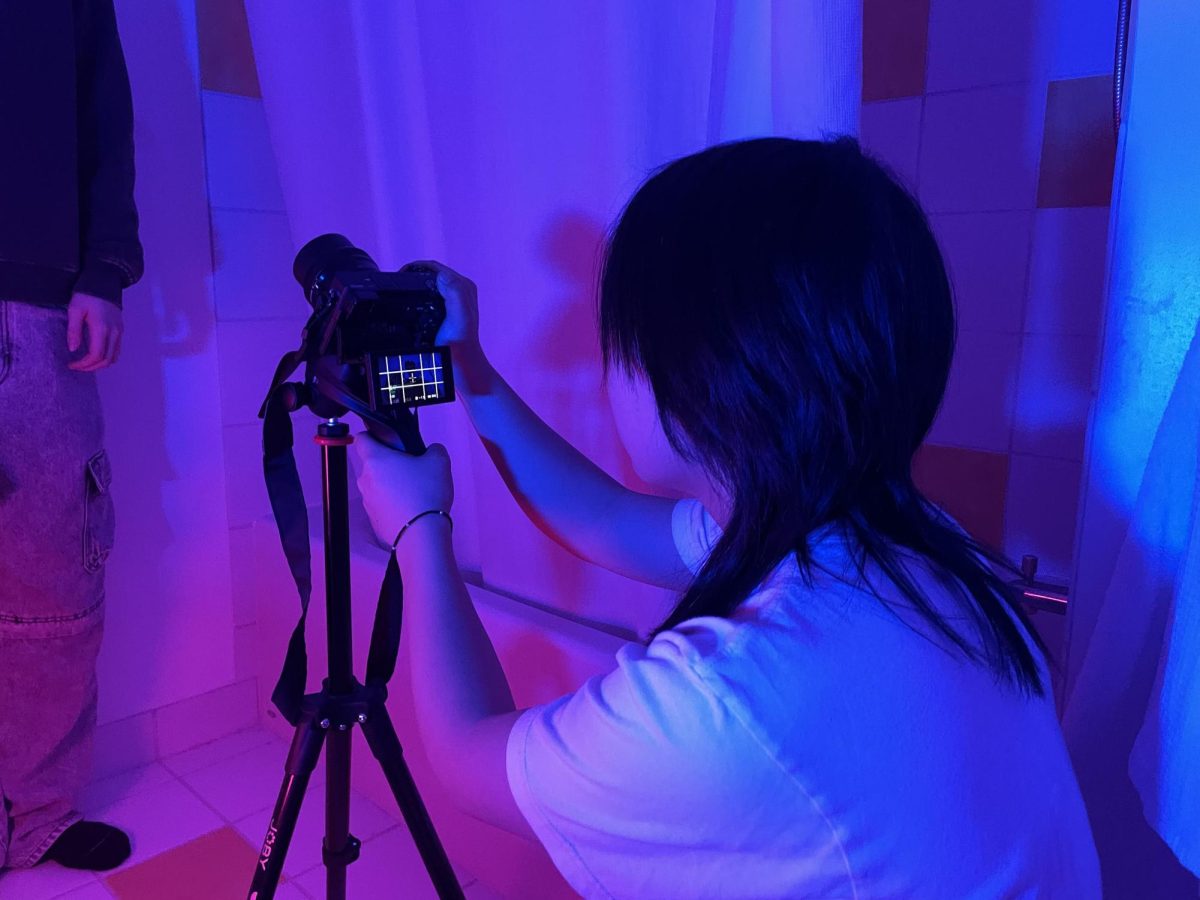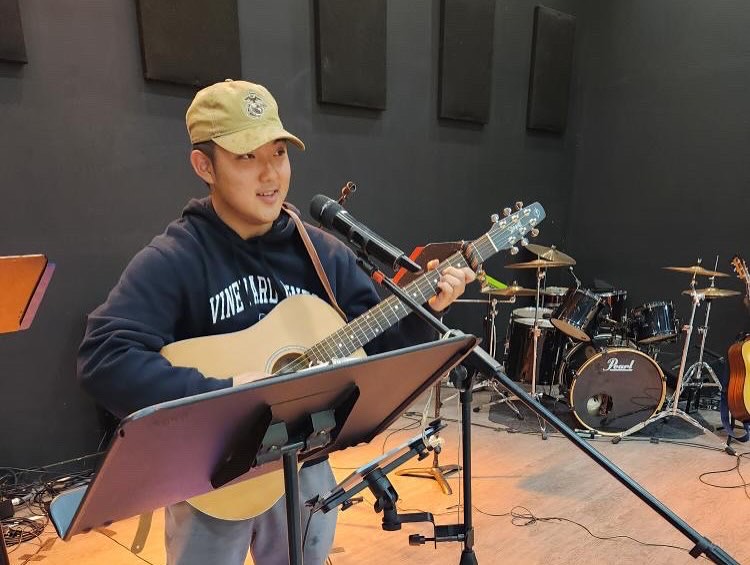In the year 2007, a product was released that changed the world: the iPhone. Now, almost 12 years later, almost every teenager has a smartphone. That one piece of technology had an impact on many aspects of life.
Pew Research Center found that 95 percent of teenagers have access to smartphone and 45 percent say they use social media constantly. The study found that 72 percent use Instagram, making it one of the most popular social media apps.
With all the prevalence of social media, it’s no surprise there’s a lot being said about the topic. Most people use it very casually like sophomore Emily Depaula. She uses it for at least two hours a day, which is brief compared to the average of nine hours of screen time that Common Sense Media reports.
“I use social media to see what my peers are doing and look at updates in their lives,” Depaula said.
The problem is rarely the amount of time spent on screens, but the impact on mental health. The effect that social media has on mental health is debated, but many perceive it as having a negative impact.
“Social media usually has a negative impact on people because they [try to] rise to standard[s] they can’t meet” Depaula said. Along this theme, social media can create unrealistic ideals that people feel that they need to meet. This can distort the way people see their own lives.
“I think my relationship with social media is mixed because while I do enjoy what people are doing, they also post pictures that aren’t entirely accurate and make them seem better,” Depaula said.
Senior Ezana Melakehiwot thinks that it is entirely dependent on what people post.
“Yeah of course what people post can be very helpful or very hurtful, there are a lot of nice people and mean people,” Melakehiwot said.
The school has made efforts to counteract negative impacts of social media and cyberbullying, but how effective they are is in question. Depaula thinks that the videos and actions aren’t really effective and are very obvious.
“I think that those videos might touch on things that people already know and they should try to convey a message that people don’t already know,” Depaula said.
Melakehiwot is part of the WJ Leadership class. In the near future the class is planning on doing a lot of mental health-related activities.
“We try and keep things very positive on the WJ SGA account and it really boosts the confidence of the athletes and other students,” Melakehiwot said.









